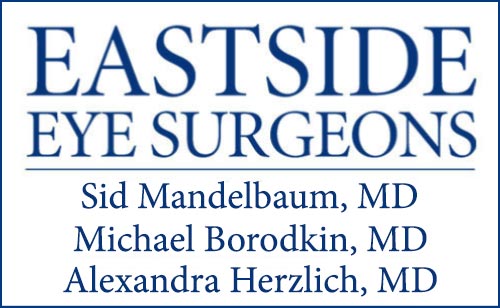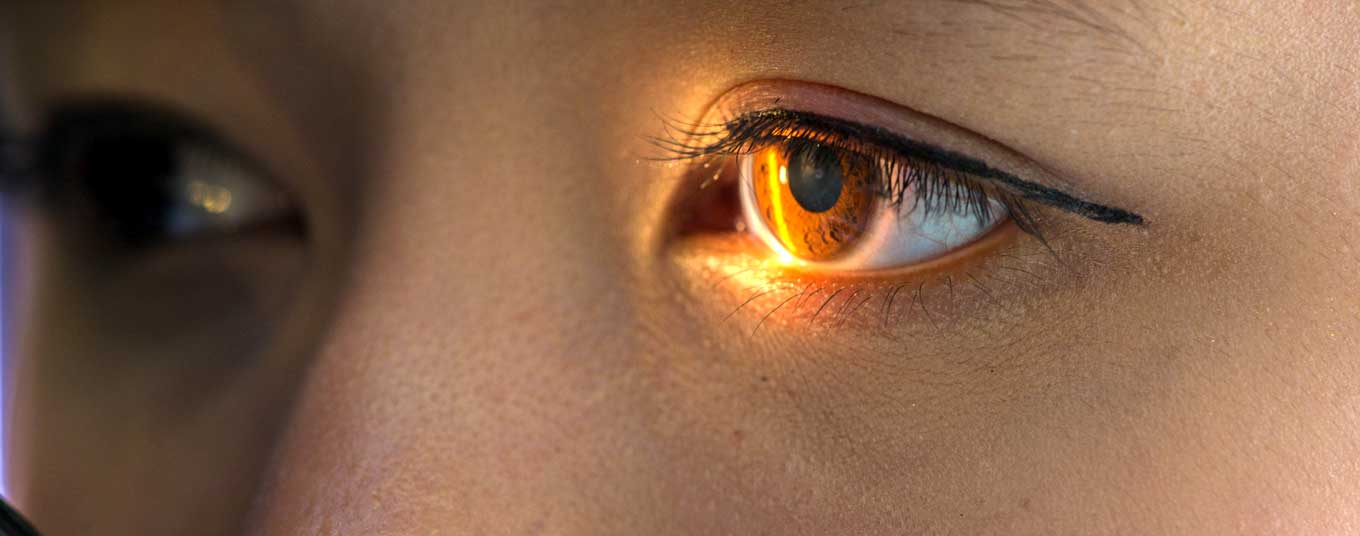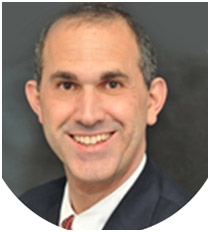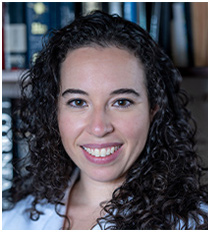How often should I see an ophthalmologist?
If no ocular history:
After age 10: every two to three years
After age 50: yearly
Patients with diabetes, hypertension, cataracts, glaucoma, arthritis or family history of eye problems should be seen according to a schedule we outline for you. Contact lens wearers and patients who wear glasses for myopia should be seen yearly, unless otherwise instructed. Children under age 4 should be seen immediately if you notice:
- Poor tracking
- Crossing of eyes
- Abnormally small or large eyes
- Color differences between eyes
- White colored pupils
What is an eye emergency?
An eye emergency is an event where your eyesight is at risk or you have eye pain. This requires prompt treatment to prevent vision loss. Eye emergencies are common. During office hours, we will always accommodate an emergency such as:
- Chemical contact with eye or face
- Severe eye, head or face injury
- Sudden loss of vision
- Bulging eye
- Pain in eye
- Onset of flashing lights, floaters or a noticeable increase in flashes & floaters
- Appearance of a curtain across the field of vision
- Sudden changes in pupil size
- Sensitivity to light
- Foreign body in the eye
- Double vision
- Discharge, profuse tearing
- Postoperative pain in or around the eye, infectious discharge, increased redness or decreased vision (in either eye)
What’s the difference between an ophthalmologist, optometrist and optician?
An ophthalmologist is an MD medical school graduate who has completed at least four years of post-medical school training in a hospital and/or university setting in the treatment of eye disease and eye surgery. An optometrist is an OD licensed to perform eye exams, check for vision problems and diseases and prescribe eyeglasses or contact lenses. An optician is a person qualified to make and dispense eyeglasses.
Will I be dilated at my exam?
A comprehensive eye exam includes a dilated exam. This is how we evaluate retinal health, optic nerve health and blood vessels and confirm your optical condition to prescribe glasses. If you are coming in for a follow-up exam, you do not need to be dilated.
How long does dilation last?
The dilating drops require approximately 15 to 30 minutes before they take effect. While you are dilated, you will be sensitive to sunlight and your near vision will be blurry. This will last about three to four hours.
Should I take multivitamins to preserve my vision?
If you have a family history of macular degeneration, you need certain vitamins and a balanced diet.
Will my vision deteriorate if I start wearing prescribed reading glasses?
No, your eyes will actually feel less strained at the end of the day.
Is eye twitching a sign of some serious issue (e.g. a stroke)?
Not usually. However, it may be related to particular local eye conditions, such as dry eye, which should be evaluated for treatment.
What does LASIK stand for?
It stands for laser-assisted in situ keratomileusis. It is easier for most people to call it laser vision correction or laser eye surgery.
How soon after LASIK will I see clearly?
Most patients see clearly the same day!
How soon after LASIK will I be able to exercise?
You can exercise the next day! Keep sweat out of your eyes, do not swim and do not do any contact sports.
How long do LASIK results last?
If you have nearsightedness or myopia, results should last the rest of your life. However, your vision might change in the future. Fewer than 2% of stable post-LASIK patients will require an enhancement within 10 years.
Is LASIK painful?
No.
Does pregnancy affect the results of LASIK?
Pregnancy can affect your refractive correction, therefore you should wait until after delivery for LASIK.
Can LASIK cause cataracts or glaucoma?
No.
Discover advanced eye care by calling 212-650-0400 or using our convenient Request an Appointment form. Patients come to us from Scarsdale, Chappaqua and Manhattan, New York, Newark, New Jersey, Greenwich, Connecticut and neighboring communities.








